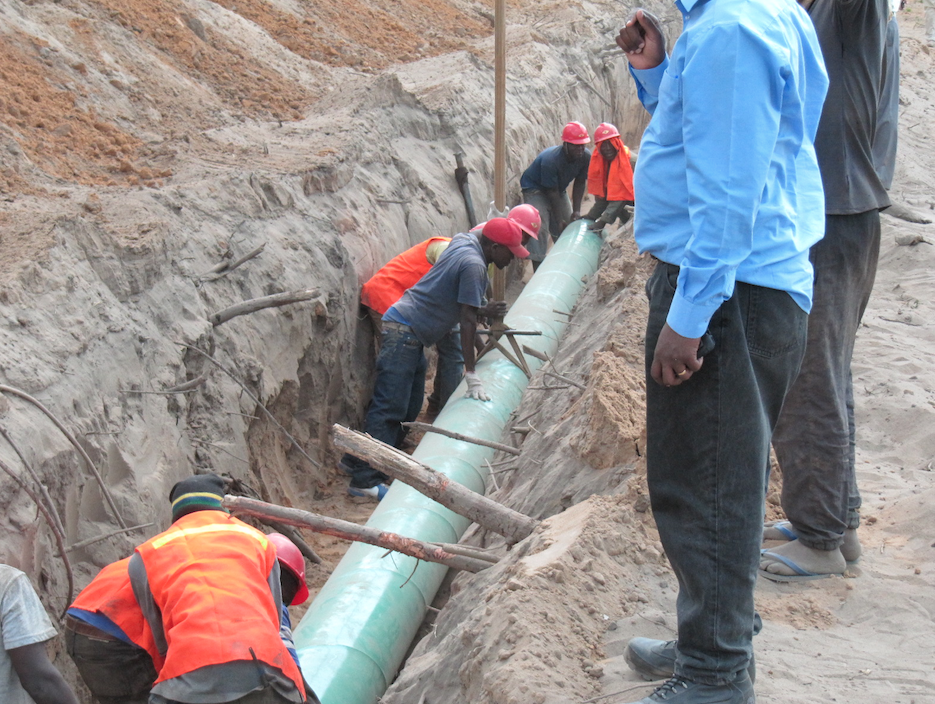Addressing Talent Shortages in the Water Sector is Pivotal for Utilities’ Operational Reliability
Assuring a reliable water supply to homes and businesses depends not only of processes, systems, technology and equipment. Critically, they also depend upon the reliability of water professionals at all levels within the water sector.
Many water utilities are facing human resources shortfalls, but the challenge to retain experienced staff is equally significant. Many leave to take higher paid jobs in other sectors, but the loss of skills and knowledge due to retirement without suitably qualified replacements is a serious issue faced by utilities worldwide. Simultaneously, the level of expertise required for operation and maintenance keeps increasing as water technologies become more complex and the industry turns to more automated processes
What can be done to ensure that people with the appropriate skills and experience are available?
Workforce reliability requires investment to develop and attract qualified candidates for water utility jobs. Utilities must foster alliances with universities and vocational training centres to develop programs adjusted to the needs of the industry. It also requires opportunities for developing meaningful careers within the water sector to be better communicated to prospective job seekers.
As equipment, infrastructure, regulations and customer expectations change, water and wastewater service providers have to respond. It means investing in staff development and professional updating. The knowledge of experienced staff should be captured and made available for current and future staff. Equipment, processes, systems, policies and procedures need to be documented, translated into training materials and made available through knowledge management systems.
Workforce reliability also requires taking advantage of opportunities to change working practices. The use of automated, IT-based solutions can improve working practices. Staff turnover provides opportunities for streamlining processes and innovation uptake as new employees bring new ideas and are open to new ways of working.
Collaborative initiatives provide an opportunity to maximise the cost-effectiveness of workforce reliability. A recent IWA workshop, Workforce Reliability Is the Key to Operational Reliability, highlighted several successful examples. BAYWORK, a consortium of 28 water and wastewater utilities and stakeholders in the San Francisco Bay area, supports cost-effective investments in workforce reliability.
The consortium works from a strategic roadmap that includes actions in candidate development, staff preparedness, optimised use of human resources and collaboration. Materials and presentations have been developed to reach students and job-seekers. Direct training and exchange opportunities are provided and utilities are supported in improving documentation, knowledge management and staff development.
The Water Supply and Sewerage Association of Albania (SHUKALB) starts educational outreach at an early age, with programs at elementary and high school. In cooperation with water utilities and universities, SHUKALB has summer internship programs to attract prospective candidates to the water sector, as well as a young water professional program that provides a space for networking and career development. They are also developing a test-based certification program and training platform for Albania as their flagship program in staff preparedness.
A new tool developed by the IWA and the Operation and Maintenance (O&M) Network provides guidance to water utilities in determining O&M human resources needs (contact: Kirsten.devette@iwahq.org if you want a copy). The tool shows the process required to assess O&M workforce gaps to improve planning; it describes the main components and processes of the water system, the main operation functions and maintenance activities and the job descriptions linked with the performance of such functions and activities; and it provides generic job descriptions for selected operation and maintenance personnel. This is a unique tool to build workforce reliability.
What these initiatives highlight is the importance of mapping out best practices in workforce reliability in the water sector around the globe, and fostering collaboration to scale-up successful practices. In the long-run, the solution to ensuring qualified staff and relatively low turn-over rates is certified vocational and technical training; as well as the recognition by academic institutions of well-structured internship and apprenticeship programs that enable acquiring concrete competences in the sector.
As Capacity Development and Innovation expert, Uta Wehn has pointed out, “there is an urgent need to strengthen knowledge management of water operators to transform individual learning into improved organisational performance as staff preparedness does not stop with individuals”. Ultimately, a motivated, knowledgeable and skilled workforce is vital to strengthen utilities’ chances to deliver excellent services.
___________________________________________________________________________________
22 March is International World Water Day and this year’s theme is “Water & Jobs”. The sector urgently needs to increase the numbers of competent people working in water management to achieve sustainable and universal access to water and sanitation, issues the IWA will be highlighting throughout the year.
The IWA is currently documenting good Workforce Reliability practices. If you want to share the experiences of your utility or organisation, please fill the survey you can find in the download area. You also can contact Cheryl Davis at ckd@cherylkdavis.com or Diana Guio at diana.guio@iwahq.org. For your convenience, there is an example available as well.
If you are interested in knowing more about the IWA’s activities on Water and Jobs, please contact Kirsten de Vette at kirsten.devette@iwahq.org


